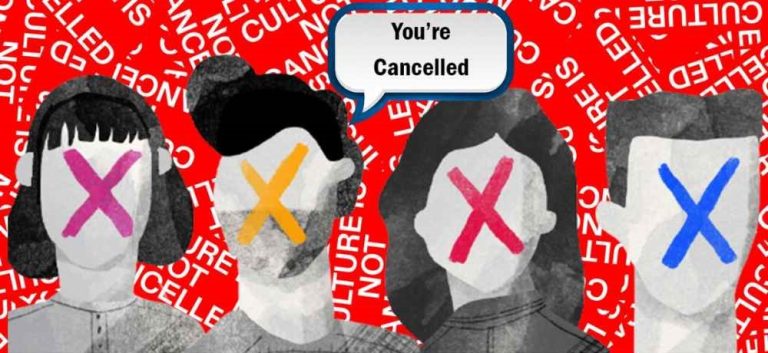
In today’s digital age, cancel culture wields significant power, reshaping public perception and, consequently, the careers of artists. Social media plays a central role in amplifying the voices of critics and fans, creating a direct line between public opinion and an artist’s livelihood. From controversial statements to allegations of misconduct, several high-profile musicians have experienced the swift and sometimes devastating effects of cancel culture. In this article, we’ll explore recent examples and analyze how this trend is changing the music industry.
Introduction: The Rise of Cancel Culture in Music
Cancel culture refers to the public backlash or boycotting of individuals, often stemming from past behavior or comments that are viewed as offensive or inappropriate. Within the music industry, social media platforms like X, Instagram, and TikTok provide spaces for fans to express disapproval. This can quickly lead to widespread condemnation. Prominent artists such as DaBaby, Morgan Wallen, and Nicki Minaj have faced intense criticism, illustrating how social media can shape—and sometimes derail—a musician’s career.
Recent Examples of Cancel Culture in Music
- DaBaby’s Homophobic Comments at Rolling Loud
In 2021, DaBaby sparked outrage during his performance at the Rolling Loud Festival when he made homophobic remarks. Almost immediately, social media erupted with criticism. As a result, DaBaby was dropped from high-profile music festivals, including Lollapalooza and Governors Ball. Additionally, several brands cut ties with him. Although he issued multiple apologies, the damage to his career was substantial, proving how quickly public sentiment can shift and affect an artist’s future. - Morgan Wallen’s Use of a Racial Slur
Morgan Wallen’s career faced a severe setback in 2021 when a video surfaced of him using a racial slur. The response was swift: he was removed from radio playlists, and temporarily suspended by his record label, and his music was pulled from several streaming platforms. Despite Wallen’s public apology, the incident cast a long shadow over his career. However, in a testament to his popularity, Wallen has since regained some commercial success, highlighting the complex relationship between fan loyalty and public accountability. - Nicki Minaj’s Vaccine Comments
In 2021, Nicki Minaj caused controversy when she expressed skepticism about the COVID-19 vaccine, making unverified claims about its side effects. Her comments ignited widespread debate, with health experts and fans alike accusing her of spreading misinformation. This incident placed Minaj at the center of the ongoing discussion about celebrities’ responsibility in promoting public health measures. Although her career wasn’t significantly derailed, the backlash underscored the pressure on public figures to use their platforms responsibly.
How Cancel Culture Is Shaping the Music Industry
These cases illustrate how cancel culture can have lasting effects on an artist’s career. The consequences extend beyond temporary setbacks, often resulting in financial losses, tarnished reputations, and missed opportunities. As social media provides fans with unprecedented access to their favorite artists, it also exposes musicians to intense scrutiny.
For many artists, maintaining a carefully curated public image is more crucial than ever. Missteps—whether recent or years old—can lead to immediate fallout. For instance, DaBaby has struggled to regain his previous level of fame, while Morgan Wallen’s situation shows that redemption is possible, albeit with lingering controversy.
The Debate: Is Cancel Culture Fair?
Cancel culture has sparked considerable debate. On one hand, it holds artists accountable for harmful behavior, encouraging them to address issues like homophobia, racism, and misinformation. On the other hand, critics argue that cancel culture can be overly punitive, often ignoring context or the possibility of personal growth.
Many people feel that cancel culture lacks nuance, especially when it focuses on past behavior or off-the-cuff comments. Some artists are criticized for actions taken years earlier, raising the question of whether there should be a limit to how long the public holds someone accountable. In addition, social media-driven outrage can sometimes overshadow opportunities for dialogue and forgiveness.
Conclusion: The Future of Cancel Culture in Music
Music Industry Weekly recognizes that cancel culture shows no signs of slowing down, especially as social media continues to dominate how fans engage with artists. It serves an important role in holding musicians accountable. It also raises complex questions about redemption, forgiveness, and the permanence of public outrage. As fans demand more transparency and authenticity, artists must tread carefully to avoid damaging their reputations, understanding that one misstep can lead to long-term consequences.